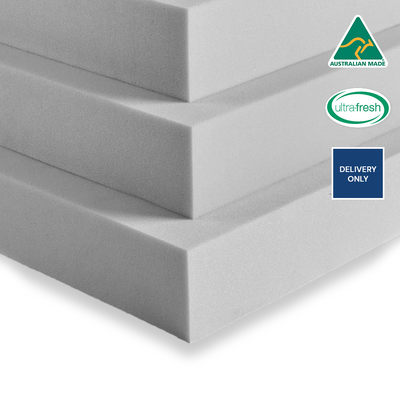
As the world becomes more conscious of the impact of human activities on the environment, innovative solutions are being developed to reduce our carbon footprint. One such innovation is the use of Expanded Polystyrene (EPS) in the insulation industry. EPS, a lightweight and rigid plastic foam material, is proving to be a game-changer in the quest for eco-friendly insulation solutions.
EPS insulation is made from a combination of polystyrene resin and a blowing agent that expands the resin into foam. The resulting material has excellent thermal insulation properties, making it ideal for use in buildings to reduce heat loss in winter and heat gain in summer. What sets EPS apart from other insulation materials is its high resistance to moisture and ability to maintain its insulating properties over time, ensuring long-term energy efficiency.
One of the key advantages of EPS insulation is its sustainability. EPS is 100% recyclable and can be reused multiple times without degrading its performance. This means that EPS insulation not only helps reduce energy consumption in buildings but also minimizes the amount of waste generated during construction and demolition. By choosing EPS insulation, builders and homeowners can contribute to a more sustainable and environmentally friendly construction industry.
In addition to its sustainable properties, EPS insulation is also cost-effective. The lightweight nature of EPS makes it easy to transport and install, reducing labor costs and construction time. Its durability and longevity mean that EPS insulation requires minimal maintenance over its lifespan, further saving on repair and replacement costs. With the rising focus on energy-efficient buildings, EPS insulation provides an affordable solution that delivers long-term savings on heating and cooling expenses.
Furthermore, EPS insulation helps improve indoor air quality by creating a barrier against pollutants and allergens. The closed-cell structure of EPS foam restricts the movement of air and moisture, preventing the growth of mold and mildew. This not only enhances the comfort of occupants but also promotes a healthier living environment. By incorporating EPS insulation, builders can create homes and commercial spaces that prioritize the well-being of their occupants.
Another significant benefit of EPS insulation is its versatility. EPS can be customized to fit a wide range of applications, from walls and roofs to floors and foundations. Its flexibility allows architects and designers to explore innovative construction techniques and create energy-efficient buildings with unique shapes and designs. EPS insulation can be molded and shaped to conform to any building requirement, making it a versatile choice for both residential and commercial projects.
EPS insulation is also a lightweight material, which reduces the overall weight of the building structure. This can lead to cost savings in the construction of foundations and support systems, as well as a reduced environmental impact from the use of less material. The lightweight nature of EPS also makes it easy to handle and install, further streamlining the construction process and minimizing disruptions on-site.
Overall, EPS insulation is revolutionizing the insulation industry by providing a sustainable, cost-effective, and versatile solution for energy-efficient buildings. By choosing EPS insulation, builders and homeowners can reduce energy consumption, lower utility bills, and create healthier indoor environments. As the demand for eco-friendly construction materials continues to grow, EPS is emerging as a preferred choice for insulation due to its numerous benefits and positive impact on the environment. With ongoing research and development in the field of insulation technology, EPS is set to play a key role in shaping the future of sustainable construction practices.